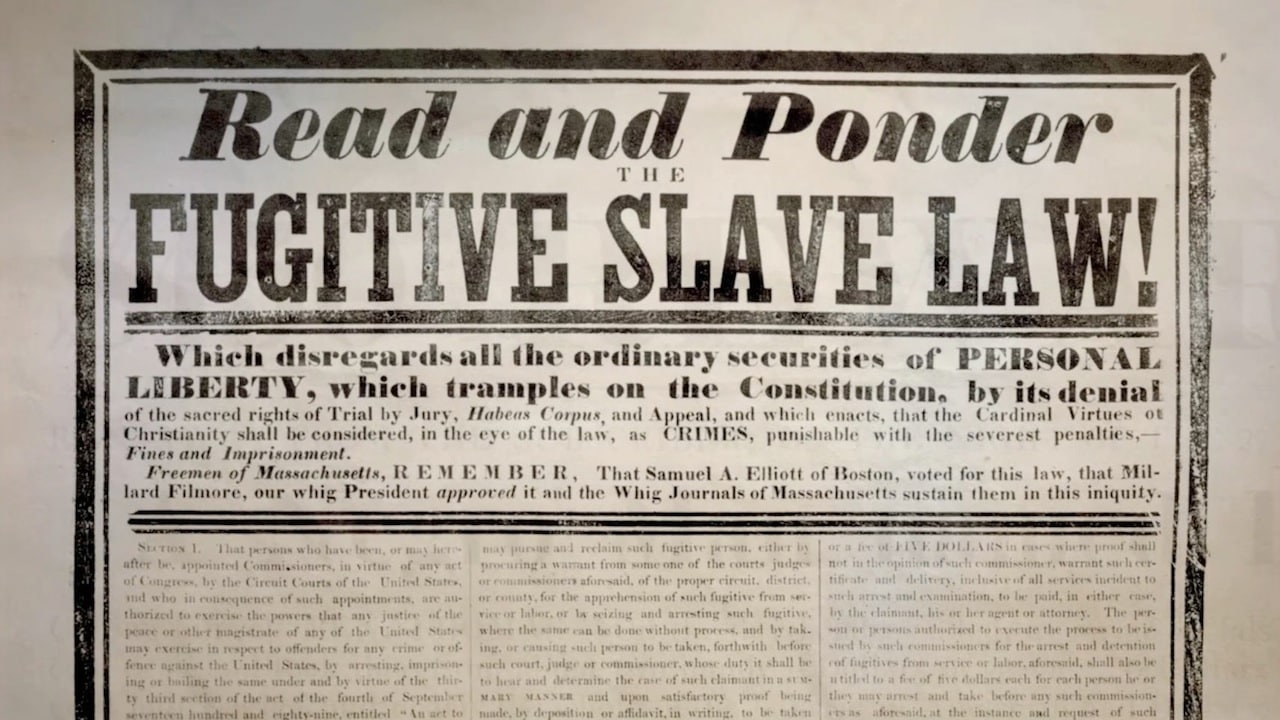
Personal Liberty Laws

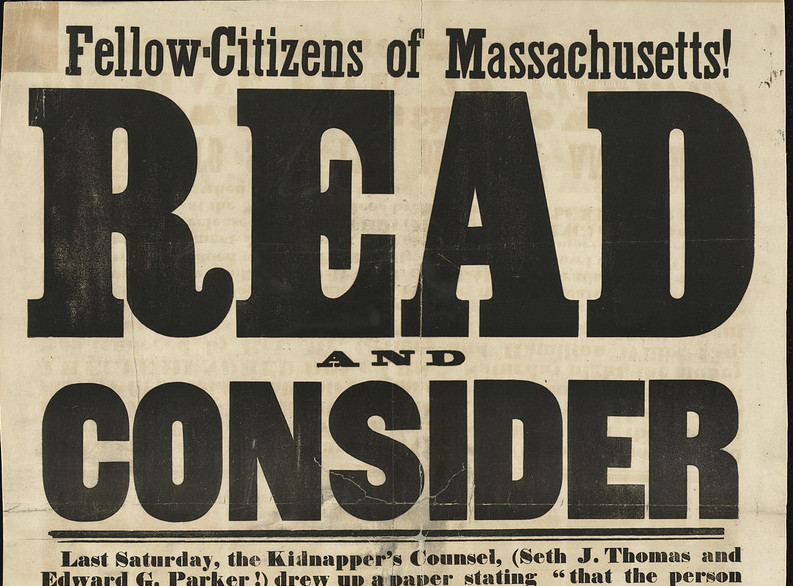
A History of Rendition Resistance by States: From Fugitive Slaves to Immigration
Throughout a period spanning over two decades in the 19th century, northern states rejected and refused to honor rendition requests under the Fugitive Slave Acts of 1793 and 1850. Today, we see a similar dynamic at play when states and localities decline to hold...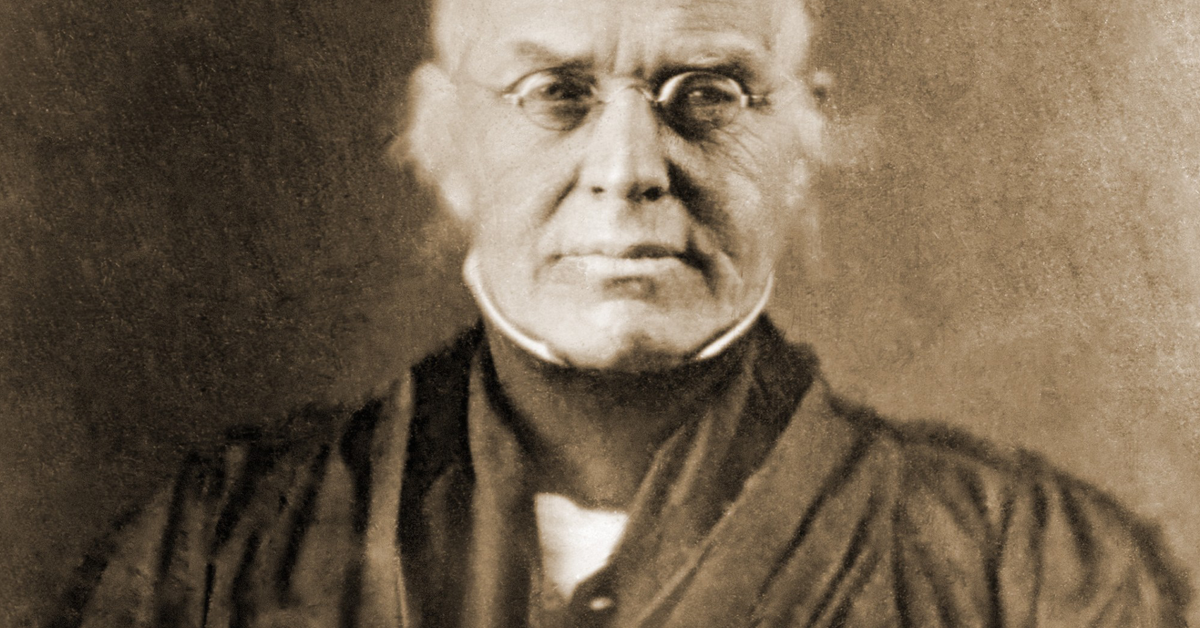
Nullification Through Noncooperation Rests on Rock-Solid Legal Ground
Nullification feels a little rebellious. Declaring that a state can refuse to cooperate with the federal government seems like an act of defiance. Perhaps this explains why even many supporters of nullification continue to labor under the misconception that it’s...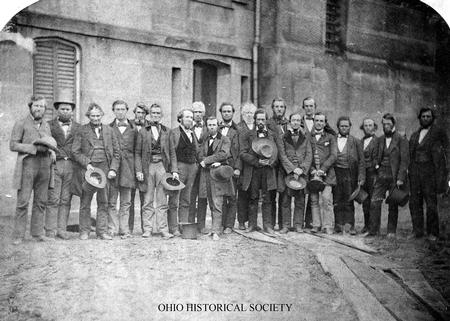
Heroes of Liberty: Charles Langston and the Oberlin-Wellington Rescue
Northern abolitionists who defied federal law to assist accused runaway slaves demonstrated the kind of courage we need today. They weren’t deterred by [insert horrible thing the feds will do here]. They recognized the risk – and they acted anyway. On September 13,...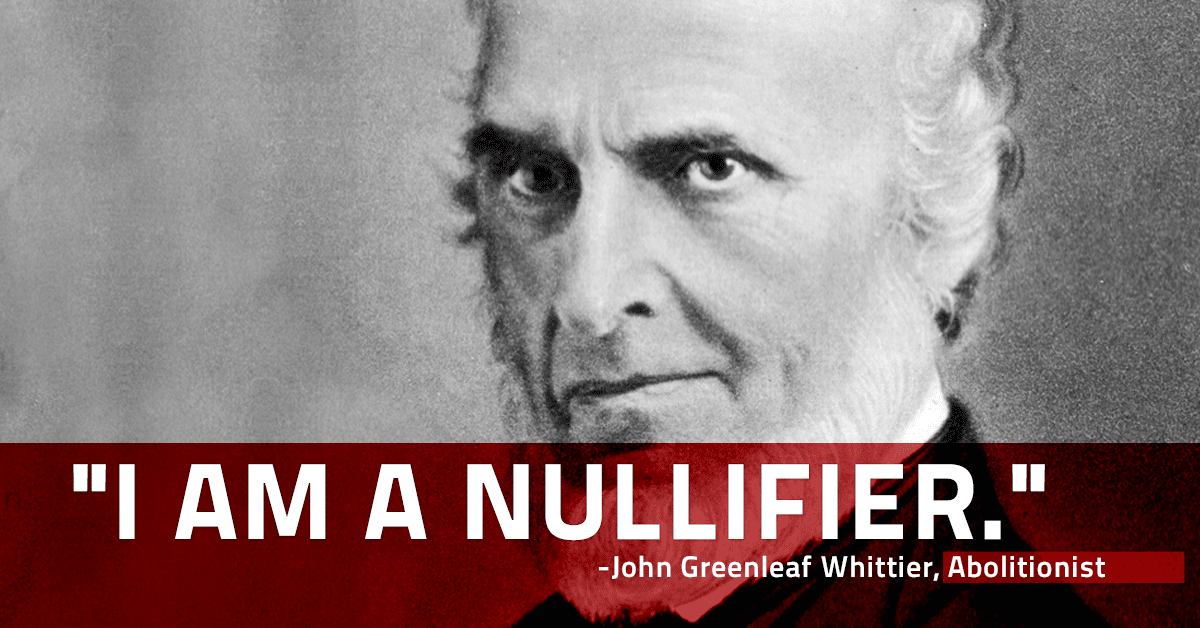
When Nullifiers Were Abolitionists: Vermont vs the Fugitive Slave Act
Critics of nullification are fond of bringing up the Nullification Crisis of 1832 involving John C. Calhoun’s misguided and warped interpretation of what the doctrine meant as advocated by James Madison and Thomas Jefferson. Many, however, are unfamiliar with another...
